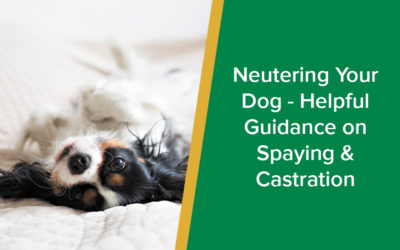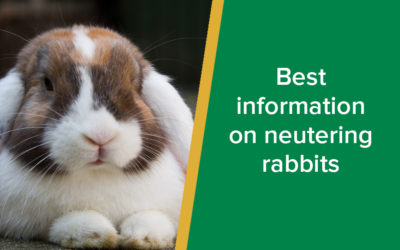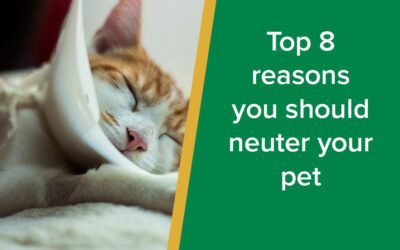From around the age of 4 months, kittens reach sexual maturity and are therefore capable of breeding and producing kittens themselves.
Most people do not have the time or desire to breed from their cat and do not wish to add to the number of unwanted kittens already looking for homes.
Neutering your cat not only prevents unwanted pregnancies, but also curbs unwanted behaviour patterns associated with sexual maturity and reduces the risk of certain diseases.
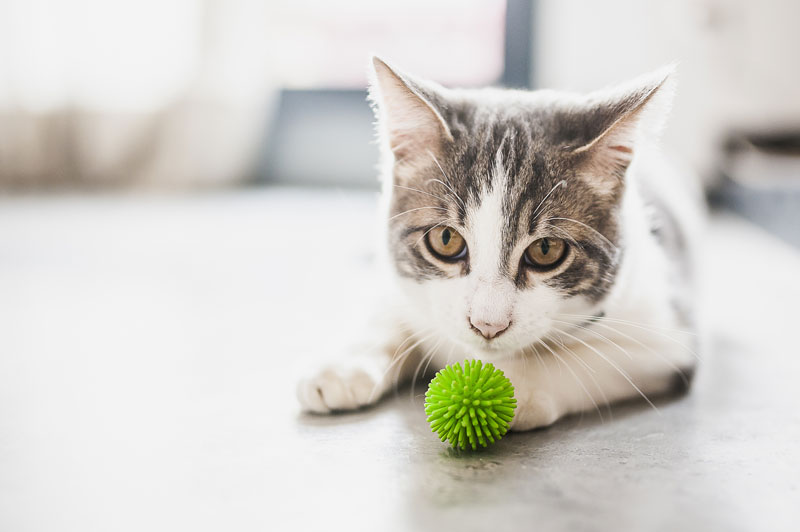
Female cats
Reasons for neutering:
- Population control-it is important to neuter a female cat before she has kittens herself.
- Many kittens can come into season before they are 6 moths old, and queens can have up to three litters in a year. Unwanted kittens may not be cared for and homes may be difficult to find
- Control of nuisance-female cats will “call” or come into season and be receptive to a male cat regularly, about every 3 weeks during sexually active times of the year.
- Entire female cats will attract entire males and increase the problems of spraying, fighting and caterwauling.
- Health issues-female cats if not neutered are more likely to suffer from pyometra ( infection of the womb) amd from mammary tumours which are often cancerous.
- Pregnancy and birth are also not without risk.
Neutering/ spaying is the process by which the ovaries and womb are surgically removed.
At Parkside we recommend neutering female cats from 4 months of age, although we are able to offer early neutering from 12 weeks of age.
Following a general anaesthetic an incision is made usually on the flank, midline incisions may be used for pedigree and/or colour pointed cats.
Usually your kitten will return home the same day and will not need to come back for suture removal as absorbable stitches are used.
Male cats
Reasons for neutering:
- Control of nuisance-unneutered male cats are likely to stray over a large area and may not return home. They will mark their territory with a very pungent spray and are much more likely to fight. They may also spray inside the house and may be more aggressive to their owners.
- Health issues-fighting males are much more likely to spread diseases such as FIV(cats aids) and FELV(leukaemia virus) to other cats. They are likely to also suffer from fight injuries such as abscesses. Because they wander over a large area road traffic accidents are also more likely.
Castration involves removing both testicles under a general anaesthetic.
The skin incisions are small and sutures are not required.
Your kitten will usually be able to return home the same day.
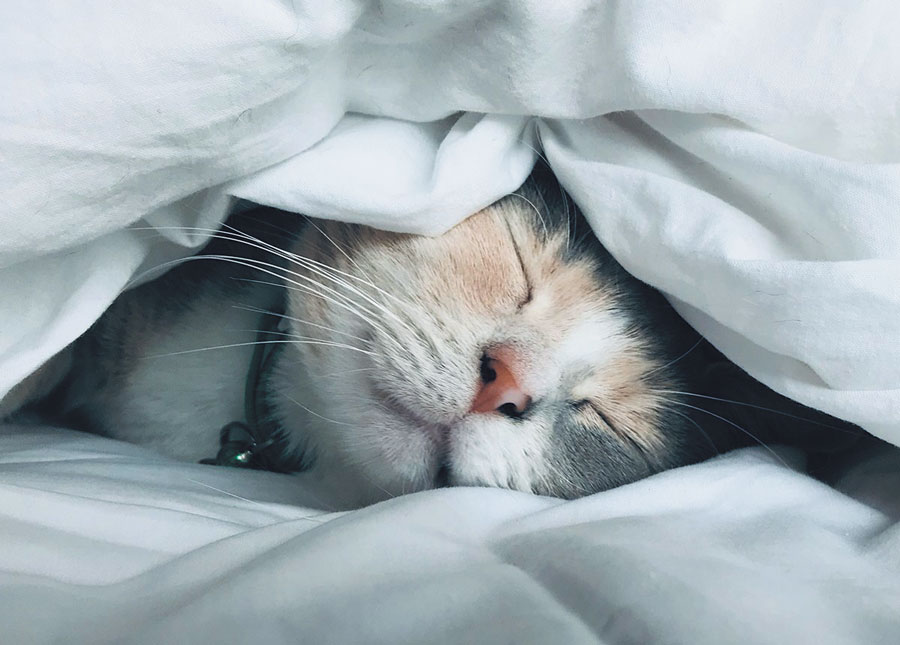
Post operative care
Cats usually recover from neutering surgery very quickly. They may be a little drowsy when they get home but can be given a light meal; we can provide a food especially designed to suit this purpose. Usually the next day they will be quite lively but it is sensible to keep your kitten fairly quiet for a few days to allow wound healing.
Once cats have been neutered there is a stronger tendency to become overweight. You may need to adjust the amount of food given to prevent this or change to a diet suitable for neutered cats.
We would recommend Hills Vet Essentials neutered cat as being ideal for this purpose.
